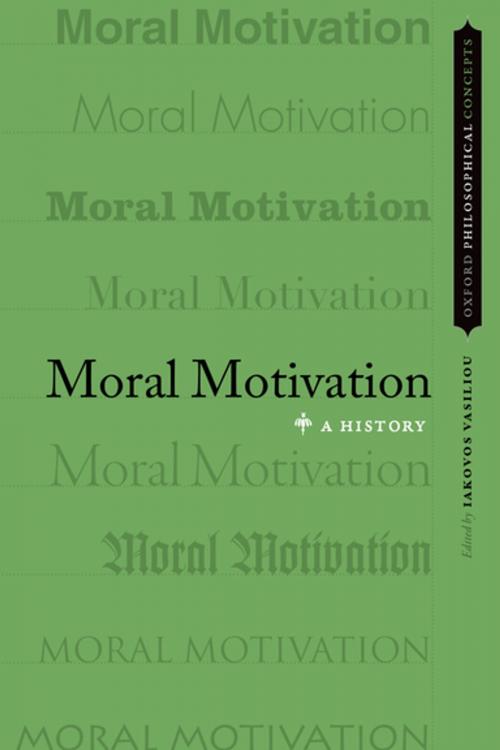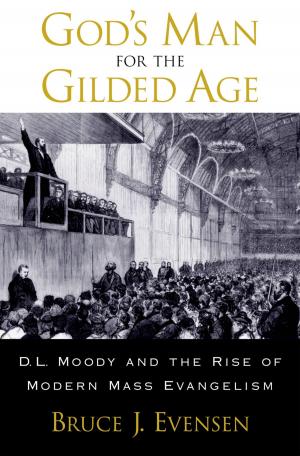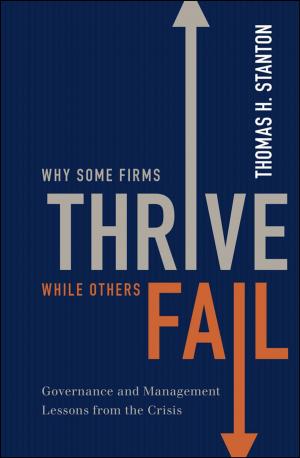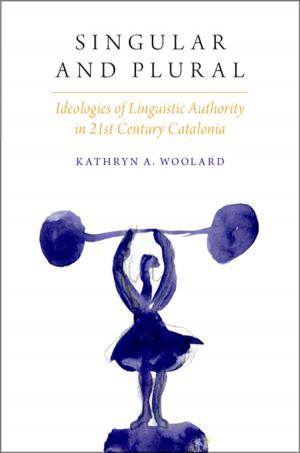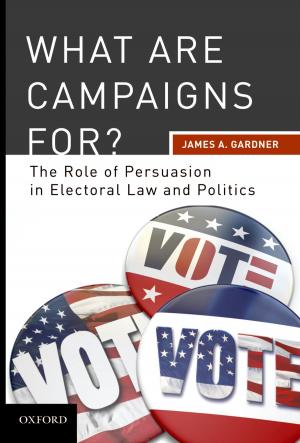Moral Motivation
A History
Nonfiction, Religion & Spirituality, Philosophy, History, Criticism, & Surveys, Ethics & Moral Philosophy| Author: | ISBN: | 9780190610913 | |
| Publisher: | Oxford University Press | Publication: | May 27, 2016 |
| Imprint: | Oxford University Press | Language: | English |
| Author: | |
| ISBN: | 9780190610913 |
| Publisher: | Oxford University Press |
| Publication: | May 27, 2016 |
| Imprint: | Oxford University Press |
| Language: | English |
Moral Motivation presents a history of the concept of moral motivation. The book consists of ten chapters by eminent scholars in the history of philosophy, covering Plato, Aristotle, later Peripatetic philosophy, medieval philosophy, Spinoza, Locke, Hume, Kant, Fichte and Hegel, and the consequentialist tradition. In addition, four interdisciplinary "Reflections" discuss how the topic of moral motivation arises in epic poetry, Cicero, early opera, and Theodore Dreiser. Most contemporary philosophical discussions of moral motivation focus on whether and how moral beliefs by themselves motivate an agent (at least to some degree) to act. In much of the history of the concept, especially before Hume, the focus is rather on how to motivate people to act morally as well as on what sort of motivation a person must act from (or what end an agents acts for) in order to be a genuinely ethical person or even to have done a genuinely ethical action. The book shows the complexity of the historical treatment of moral motivation and, moreover, how intertwined moral motivation is with central aspects of ethical theory.
Moral Motivation presents a history of the concept of moral motivation. The book consists of ten chapters by eminent scholars in the history of philosophy, covering Plato, Aristotle, later Peripatetic philosophy, medieval philosophy, Spinoza, Locke, Hume, Kant, Fichte and Hegel, and the consequentialist tradition. In addition, four interdisciplinary "Reflections" discuss how the topic of moral motivation arises in epic poetry, Cicero, early opera, and Theodore Dreiser. Most contemporary philosophical discussions of moral motivation focus on whether and how moral beliefs by themselves motivate an agent (at least to some degree) to act. In much of the history of the concept, especially before Hume, the focus is rather on how to motivate people to act morally as well as on what sort of motivation a person must act from (or what end an agents acts for) in order to be a genuinely ethical person or even to have done a genuinely ethical action. The book shows the complexity of the historical treatment of moral motivation and, moreover, how intertwined moral motivation is with central aspects of ethical theory.
